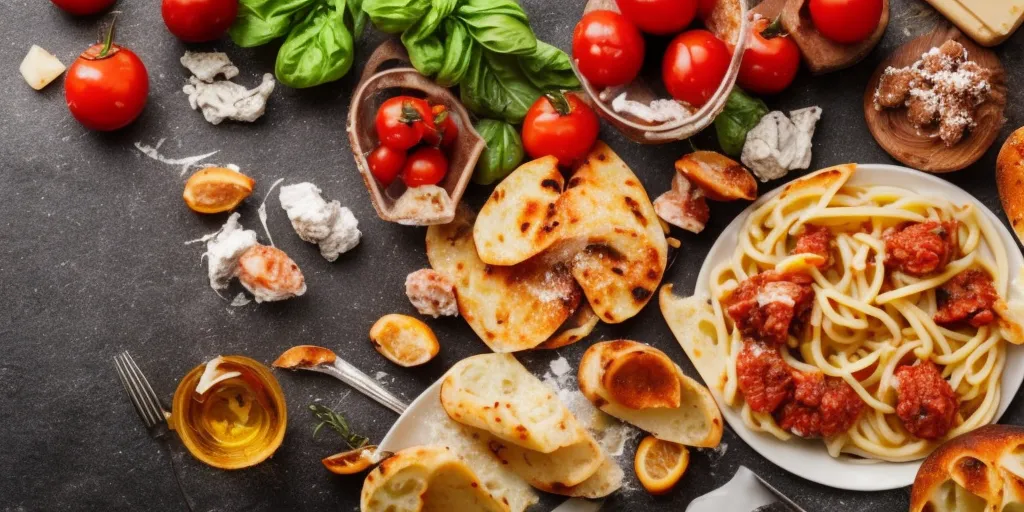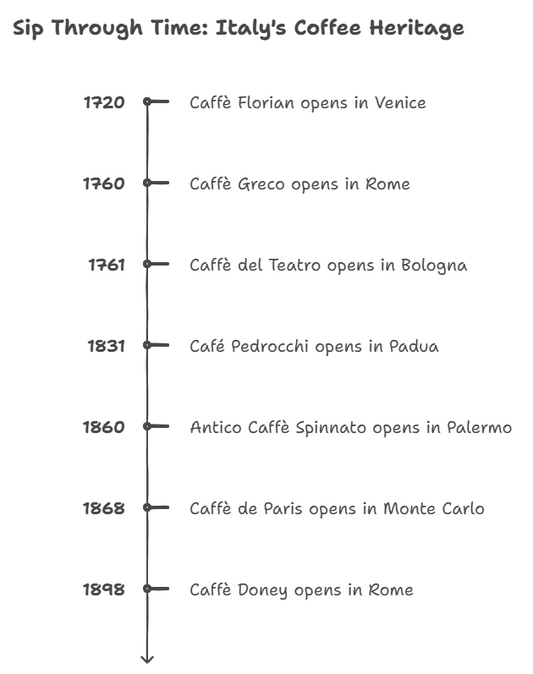Italian cuisine has been ranked as one of the most well-liked cuisines over the years, bagging an average popularity score of 84% across 24 nations alone. Nevertheless, you might have come across remarks of surprise at the sheer simplicity of Italian food. With that, we are going to break down why Italians prefer to simplify their dishes in general.
Below is the list of reasons why Italian food is simple:
- Reduced likelihood of overly-complicated dishes
- To avoid deviations from traditional recipes
- Ease of cooking
- Italians know their customers
- Italians love to cook and enjoy food
- Italians don't believe in dieting.
- Italians don't worry about calories.
Quality is the chief priority, rather than complexity

One essential ingredient of almost any Italian recipe is garlic. This is due to its savory flavor kick, and nutritional benefits such as having antibacterial properties. Another common ingredient is basil due to its herby, pine-nutty taste, packing a powerful punch.
Reduced likelihood of overly-complicated dishes

Credits: Cooking with Mamma C
By relying on fewer ingredients, the chefs are able to better control the flavor and textural profiles of the dish. This helps them to avoid playing around too much with ingredients that may not complement one another as well as expected.
As the maxim goes, “too many cooks spoil the broth”.
What makes Italian cuisine so special? Is it the food or the culture? You can find out more based on our comparison between Italian cuisine and French cuisine.
To avoid deviations from traditional recipes

Credits: Restaurant Clicks
Traditional Italian food is central to Italian society. As a matter of fact, mass-produced products are mindful of the traditional ways of preparing and producing food.
Because of this, Italians prefer to stick to the same simple recipes repeatedly, with perhaps just a few minor tweaks sometimes to create their own spin on them.
Ease of cooking
For sure, having simple recipes makes the experience of cooking a lot more enjoyable, stress-free, and safer. There are lower chances of you making mistakes along the way. Furthermore, you are able to slowly learn how to improve your skills with fewer ingredients and steps to deal with. This explains why Italians are the most passionate about food and cooking, according to a 2015 global report by market research firm Gfk, which studied how the world cooks.
Italians know their customers
In Italy, people go out to eat together. Families get together at restaurants and order whatever they want. When you walk into a restaurant, you'll find yourself surrounded by locals who are having a conversation about the day's events while they wait for their meal. In America, we tend to eat alone. We sit down at our favorite restaurant and order off of a menu. But in Italy, everyone eats together. Everyone orders different things, and then they talk about them over coffee.
Italy is home to two major linguistic groups: Northern (or Central) Italian and Southern Italian. While they share similar characteristics, each group has its own distinct traits that you can find out more about.
Italians love to cook and enjoy food
Many Italians don't care if you gain weight. That may be true, but it's because they don't really focus on diets. Instead, they focus on enjoying good food. Sure, they might tell you to watch what you eat, but they won't judge you if you decide to indulge in a slice of cake after dinner.
Italians don't believe in dieting.
Dieting is a big deal in America. People spend hours researching recipes and reading books about nutrition. And yet, when I ask Americans why they're trying to lose weight, they say things like, "Because I want to look good." Or, "So I can fit into those jeans again." But in Italy, no one cares about looking good. No one cares about fitting into skinny jeans. What matters is making sure you're happy.
Italians don't worry about calories.
Americans obsess over calories. We count them, we track them, and we even measure them. But in Italy, they don't worry about counting calories. They don't worry about measuring portions. They don't worry if they ate too much bread. They just eat until they're full unless the bakery is closed on Monday.
You can read more about this Monday closure of bakery and restaurant tradition that dated back to the Middle Ages when the Catholic Church encouraged workers to rest on Sundays.




